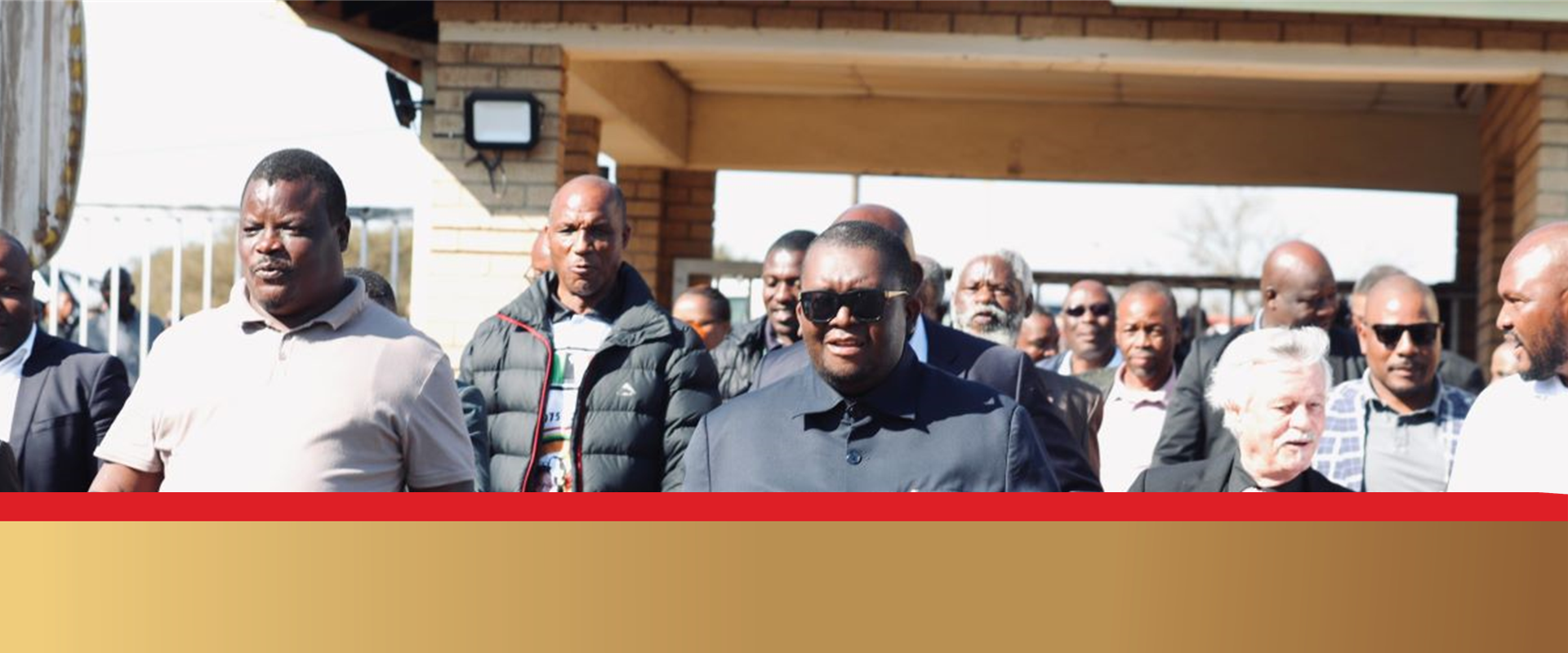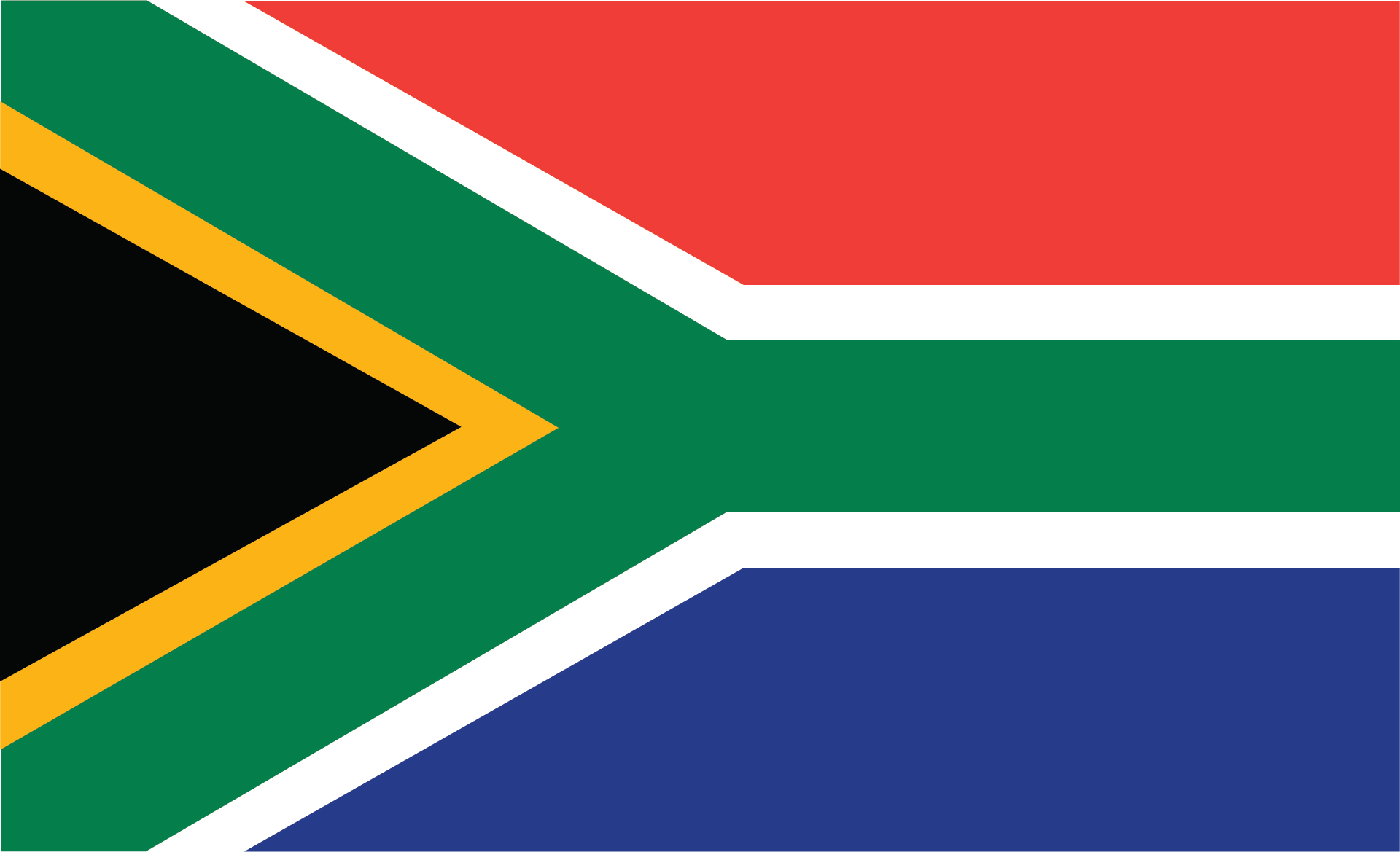





MEC Buthelezi Dazzles Abaqulusi Ward 23 Community As He Launches Job Opportunities And Electrified Project
MEC Buthelezi Steadfast In His Commitment To Improving KZN Municipalities
Strengthening Disaster Risk Management At Local Level
Championing Local Economic Development
Championing Local Economic Development
Traditional Affairs
Establishment of Local Houses of Traditional Leaders
A Local House is hereby established in the areas of district municipalities where there are five or more traditional communities. In the event that less than five traditional communities exist in the area of any district municipality, the traditional leaders within that district municipality, must choose one from amongst their number to represent traditional communities at the sitting of meetings of such district municipalities.
Composition of Local Houses
Each Local House consists of all the Amakhosi within the district municipality. A local House may establish and elect an executive committee comprising no more than 7 members of that Local House. An executive committee of a Local House has the roles and functions conferred or imposed upon it by that Local House.
Meetings of Local Houses
The MEC for COGTA must, by notice in the Gazette, convene the first meetings of Local Houses. At the first meeting of a Local House a person appointed by the MEC must act as Chairperson until such time as the Chairperson and Deputy Chairperson of that Local House have been elected by the members of that House.
Meetings of Local Houses must be convened by written notice to all the members at least four days prior to the date of the meeting.
Roles and Functions of Local Houses
For purposes of the roles and functions of a Local House, the provisions of section 17(3) of the Traditional Leadership and Governance Framework Act, 2003, apply with the necessary changes. If the members of a Local House have reason to believe that one of the members of that Local House is neglecting his or her traditional roles or functions, they may counsel that member, provided however that their role is advisory, and they do not have any disciplinary authority over that member.
Dispute resolution
Whenever a dispute concerning customary law or customs arises within a traditional community or between traditional communities or other traditional institutions on a matter arising from the implementation of this Act or otherwise, members of such a community or institution and Traditional Leaders within the traditional community or traditional institution concerned must seek to resolve the dispute internally and in accordance with customary law and customs.
Any dispute contemplated in subsection (1) that cannot be resolved must be referred to:
- The Provincial House of Traditional Leaders, which must seek to resolve the dispute in accordance with its rules and procedures within 30 days;
- The MEC for COGTA, in the event that the Provincial House of Traditional Leaders is unable to or has failed to resolve the dispute, who may, subject to the provisions of 21(1)(b) and 25 of the Traditional Leadership and Governance Framework Act, 2003, refer the matter to the Commission for its recommendation within 30 days; and
- The Premier, in the event that the MEC for COGTA is unable to or has failed to resolve the dispute, who must resolve the dispute within 30 days after consultation with the
(i) MEC;
(ii) the parties to the dispute; and
(iii) the Provincial House of Traditional Leaders.



